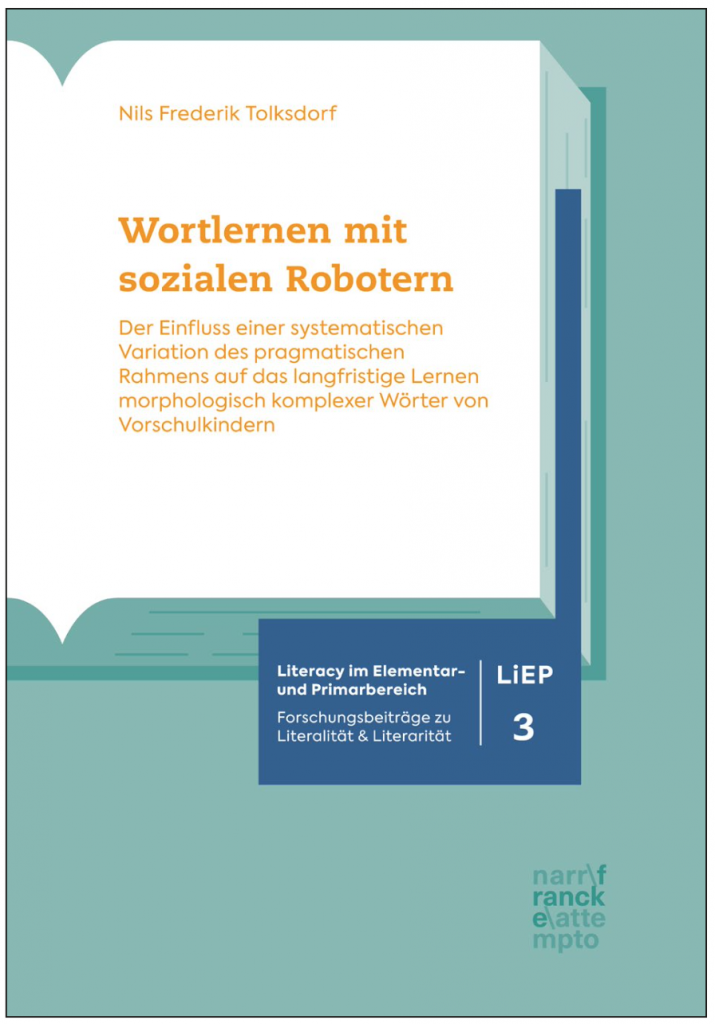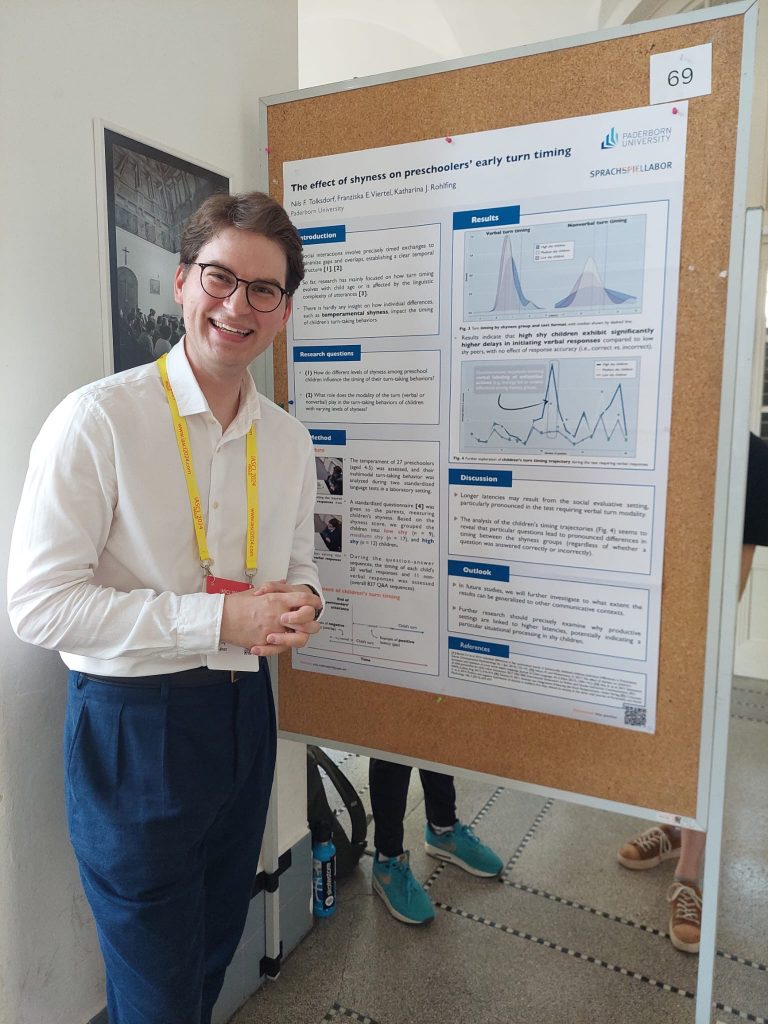I’m excited to share that I will be transitioning to a new academic position at Heidelberg University in July 2025. After truly enriching years at Paderborn University in Katharina Rohlfing’s SprachSpielLabor, where I’ve had the pleasure of working with wonderful colleagues and students, it’s time for a new chapter.
At Heidelberg, I will be joining Adriana Hanulíková’s Lab at the Institute for German as a Foreign Language Philology (IDF) to continue and expand my research on language development, multimodal interaction, and child-centered technologies. I look forward to deepening interdisciplinary collaborations at the intersection of linguistics, cognition, and human-technology interaction, and contributing to a vibrant research environment.
I’m incredibly grateful for the support and inspiration I’ve received from the academic community at Paderborn — and I’m equally excited about the opportunities and ideas that await in Heidelberg.

